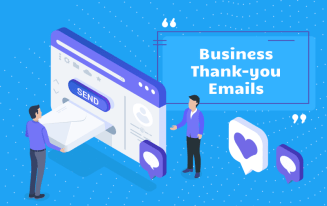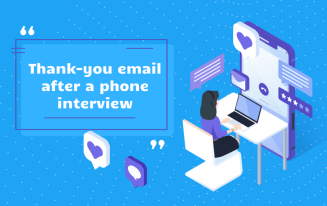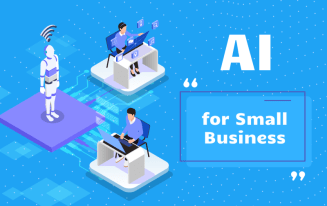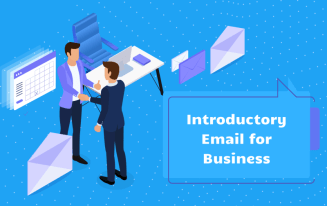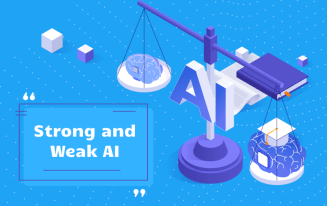When to send a thank you email after an interview
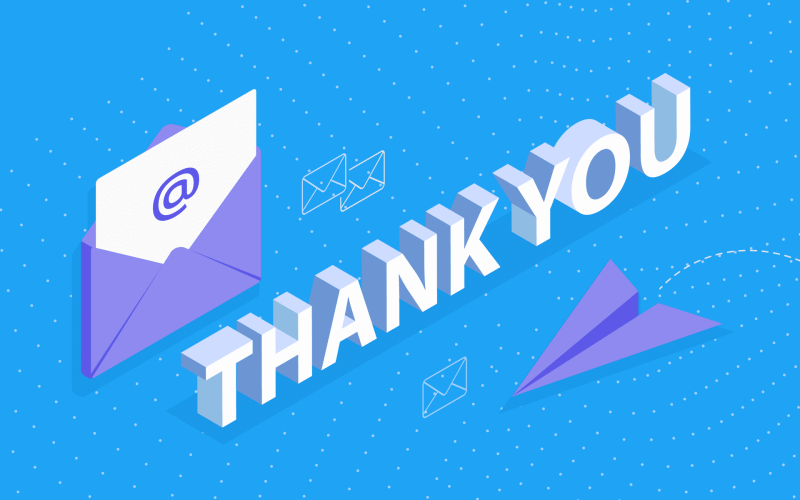
While many people consider how to write a thank you email after an interview, it can be more important to consider when to send it. Timing can be everything in the corporate world, and that even goes for thank-you emails as well. Depending on the hiring manager and company you spoke with, it can be challenging to determine the best time for a thank you email. You’re likely asking yourself: When should I send a thank you email after interviewing? Experts agree that you should wait a minimum of 24 hours before sending the email. For this article, we'll provide the answers you’re looking for, on top of additional industry insight.

Employ the full range of AI advantages with AImReply and express your thoughts faultlessly in every email.
Table of Content
It may be a grueling process, but the modern job market generally requires a little something extra to get noticed. In some ways, simply going through the interview process isn’t enough anymore. However, the timing of a thank you email is an important component of how effective the message is to the reader.
Not only can this approach boost your chances of getting hired, but it can also leave an impression that makes you more memorable. Even if you feel like your interview went well, a thank you email could be the deciding factor between you and another candidate. So, when should you send a thank you email after interviewing?
If you’re wondering about how soon to send a thank you email after interviewing, waiting around 24 to 72 hours is your best bet. Then again, there are other important factors you’ll want to consider through this thought process.
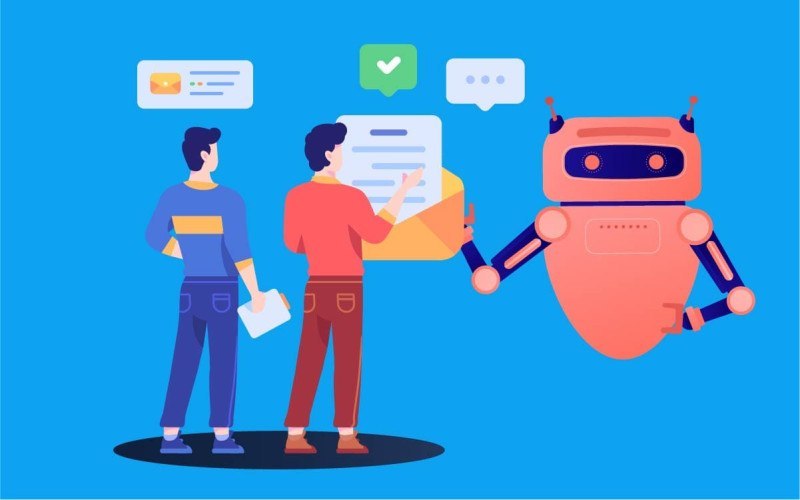
You might have the most well-crafted thank you email of all time, but without the right timing, it could fall flat on its face. Although the general guideline for sending a thank you email after an interview is 24 hours, this can vary quite a bit.
What you want to avoid at all costs is sending this email as soon as you leave the interview. You want to put some time between the email and your interview to not seem so pushy. On top of that, it shows you took time thinking about and writing the email.
Other little details could improve the quality of your thank you email. For example, sending it after 5 p.m. will show the hiring manager you have no issue communicating after normal business hours. Every little bit helps. If you’re overthinking the timing of your email, stick to the 24 to 73-hour rule, and you’ll be fine.
If you find yourself struggling to compose the perfect email, consider utilizing an AI email writer tool to streamline the process and ensure professionalism.
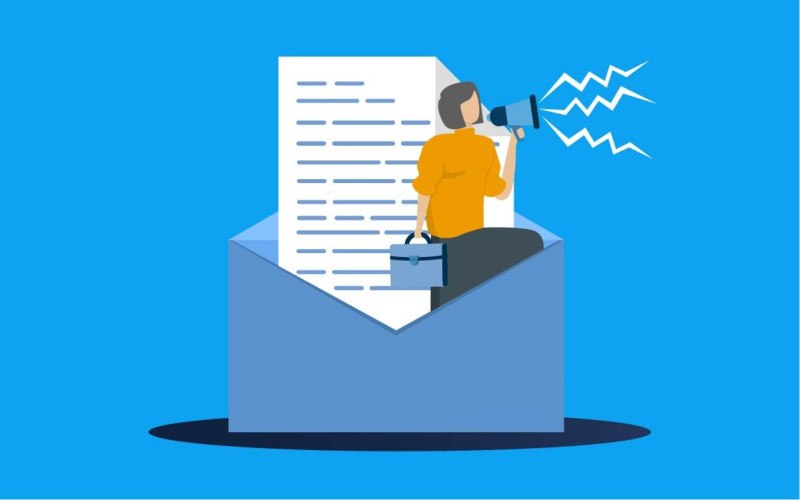
Another crucial consideration in this process is who you send the email to could hinder or benefit its efficacy. In the event you send the email to the wrong person, you can never hear back. Then again, they could potentially forward it to the right person in the organization.
You might think this is easier than we’re making it out to be, but you don’t always want to email the person who interviewed you. Although that's an understandable first step, you want to ensure you’re sending it to the contact who can help you. Moreover, extending an invitation for a follow-up meeting can demonstrate your proactive approach and genuine interest in the position
Sometimes, the email needs to be sent to multiple people. In this case, you’ll want to craft specific emails for each recipient. If you copy and paste the email to each contact, it’ll seem very impersonal and could damage their image of you.
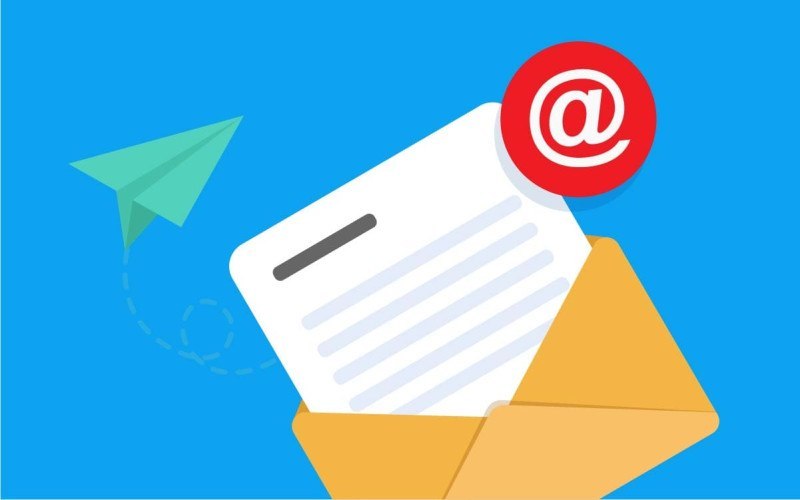
Many people would be surprised to learn that the timing of your email and its tone of voice go hand in hand. For example, if you send an email right after your interview, and your language sounds impatient or pushy, both factors will negatively impact your chances.
In the same vein, your email doesn’t need to sound stuffy or overly professional. Sometimes, overusing professional keywords can be jarring to readers. You want to take a blended approach that includes a professional demeanor while being friendly and approachable.
Considering the significance of internal interviews alongside external ones can provide a holistic view of a candidate's fit within the organization.
The hiring manager will notice the professionalism, and your kindness will also promote a response from them. With the right combination of timing and tone of voice, you can exude immense tact with your professionalism and stand out among other applicants.
Remember, every interaction counts towards shaping your professional image and potentially changing the world in small yet significant ways
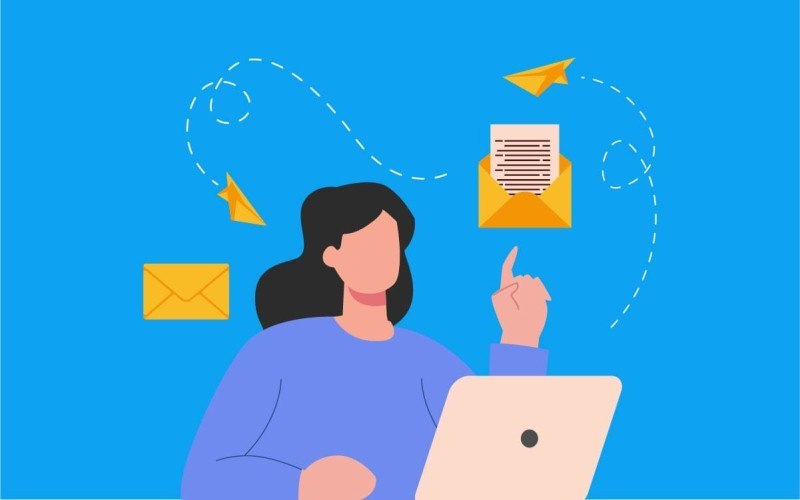
Everything Your Email Should Contain
Regardless of the context of your interview or the recipient, your thank you email should include all of the essentials. As always, how your email is structured should be customized, but a few key points shouldn't be overlooked.
Some of these include your subject line, greeting, and body text, to name a few. All of these weigh on the effectiveness of your email and should receive the same level of attention. By following due diligence with every part of your email, you exude your capability of attention to detail.
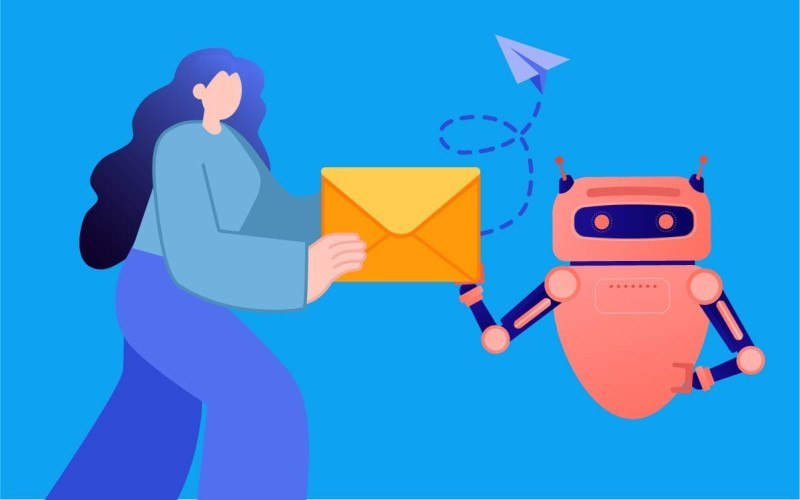
The first thing your recipient will see is the subject line of your email. In some instances, this will be the determining factor of whether they open it or not. Your subject line should be relevant to your situation, inquiry, and to the hiring manager.
For added efficiency, consider utilizing an AI email generator tool to create subject lines that grab attention and convey professionalism.
If they’re able to recognize the importance of your email at a glance, you’re already off to a good start. There are two important considerations here: focus on each word in your subject line and which email account you use.
Always use a professional email account, and your subject line should include only relevant identifiable information. To do this, your subject line should include the purpose of your inquiry and something identifiable specifically to you, such as the interview date.
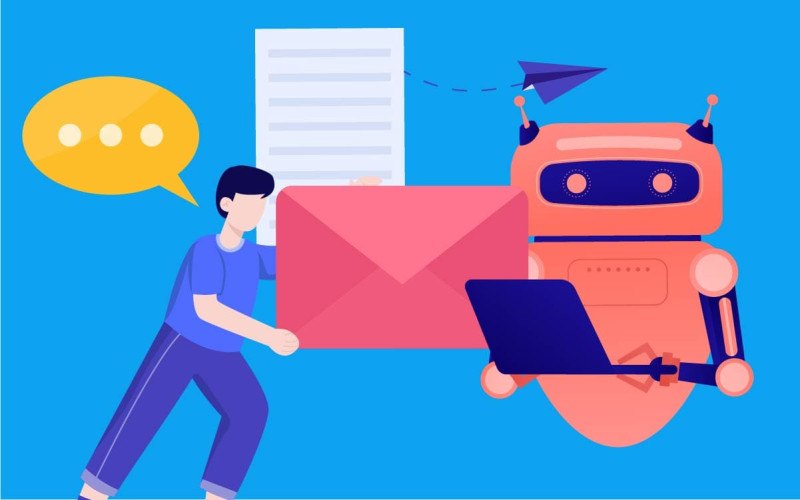
You’re likely to overthink the body text more than any other aspect of your email, and for good reason. Every word should serve a purpose, and this can be accomplished by following a few essential considerations for your writing process.
- The Greeting: Your greeting and tone of your email should always match the formality of your previous interview. Make sure your personality matches the one you brought to the interview.
- Thank You Note: One of the most important aspects of your email, there should be a thank you at the beginning and end of your body text.
- State Your Case: In the core of your body text, the case of your email should be clearly stated. It should be concise and direct so the recipient can easily digest it.
Factoring in these three components will set you on the right track when writing your thank you email. Humans, in general, tend to overthink the smallest things. If you can’t avoid it, following the notes mentioned above will ensure your email is the best it can be.
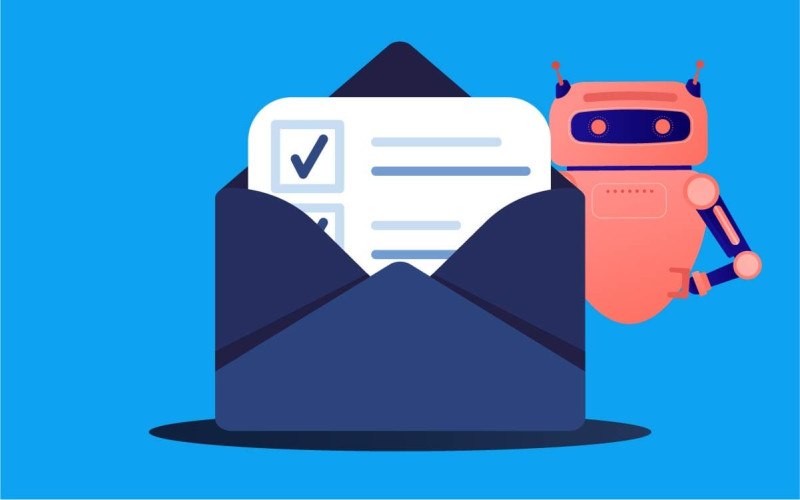
Before sending the email, ensure your closing statement addresses any questions, concerns, or missed details from your previous interview. Your sign-off should be professional yet friendly, and it’s always helpful to leave multiple forms of contact.
Giving the hiring manager multiple contact methods shows them you’re more than accessible. After you have covered all of your bases, you just have to be patient and wait for a response.
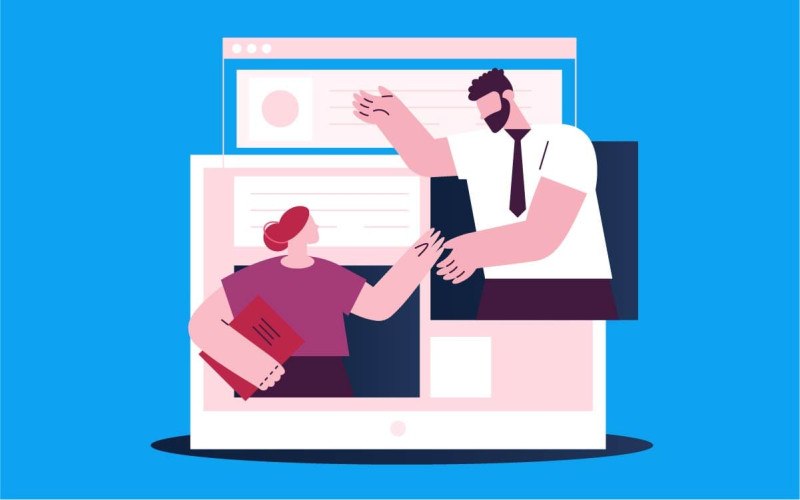
The Bottom Line
Focusing on perfection here isn’t your goal; it’s to connect with the recipient on a professional level. That means every aspect of the email should serve a purpose, and each section has its own rulebook on best practices. If you need a little extra help, you might want to consider our tool, AImReply.
You can have AImReply work as your right-hand man for incoming and outgoing emails. Take advantage of its customization and AImReply can handle every thank you email with tact and efficiency.
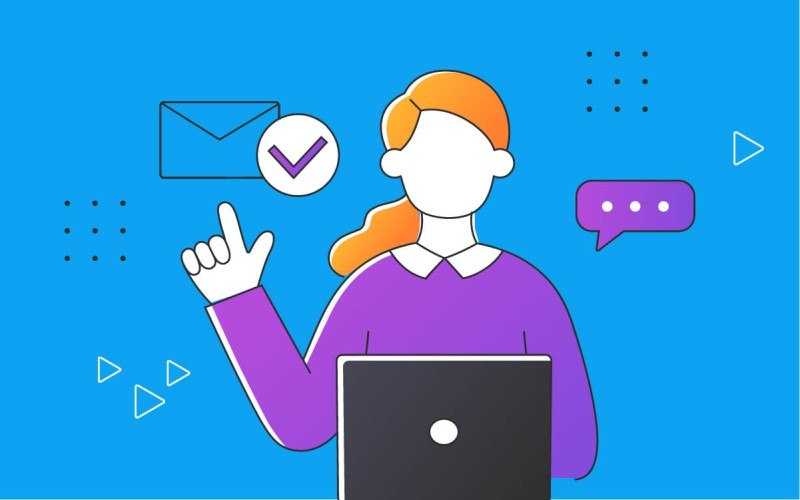
Created specifically to craft high-quality, effective email responses, AImReply utilizes artificial intelligence to streamline the emailing process. You’ll never overthink another email again, and we have all the education and support you need to get past the learning curve of AI.
Feel free to give us a shout if you’d like to learn more, and we’ll guide you on how to make the most of AImReply. In this article, you learned when to send a thank you email after interviewing, with everything you need to guarantee the success of your interview.
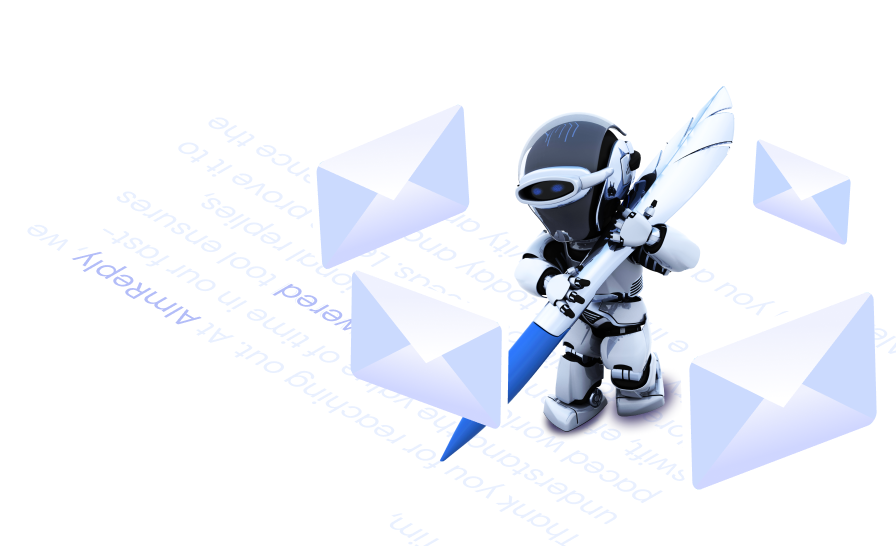
December 19, 2023
- 8 min
- 79
Thank you emails show gratitude and help you to establish business credibility and trust with colleagues, customers, and business owners. You can use it as a way to maintain professional relationships. Many people think of it as an afterthought, but a little gratitude can go a long way.
December 15, 2023
- 8 min
- 140
Understandably stressful for many employees, internal interviews come with a certain aura that can be either positive or negative. Regardless of the outcome, knowing how to write thank you emails for internal interviews can be beneficial. This can help add a positive light to the situation..
November 15, 2023
- 10 min
- 95
Even if they feel a little less formal, phone interviews are no different than being there in person. It’s still a deciding factor in whether or not you get hired, so having the proper etiquette is essential. Not only is the interview itself important..






